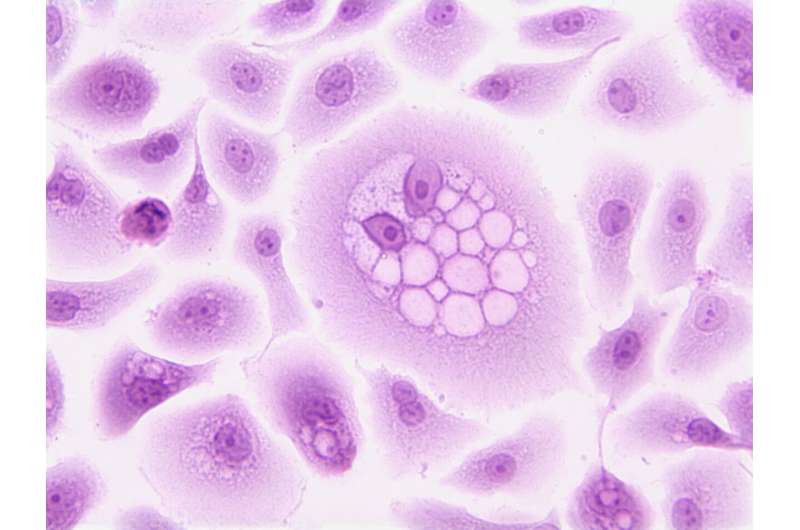
Managing symptoms improves quality of life. Sleep disturbance, pain, physical function impairment, anxiety, depression, and low energy/fatigue—known collectively as the SPPADE symptoms—are common, co-occurring, and undertreated in cancer patients. A large population study by Regenstrief Institute, Mayo Clinic and Yale University researchers examines the prevalence, severity, and co-occurrence of SPPADE symptoms as well as their association with cancer type and patient characteristics.
A total of 31,886 cancer patients were interviewed and assessed for SPPADE symptoms prior to, during or soon after an outpatient medical oncology appointment. Symptoms were pervasive across all types of cancer and sociodemographics.
Among the study findings about the six SPPADE symptoms:
-
Type of cancer was associated with modest differences in symptom burden, with higher symptom burden among patients with lung, gastrointestinal (other than colon), and gynecologic cancers.
-
Symptom burden was generally similar across most sociodemographics.
-
Older patients did not report higher symptom rates.
-
Rates of symptoms did not differ by sex.
-
There was a modest association of symptom burden with
-
disabled employment status
-
Medicaid as a payor
-
lower educational attainment.
-
-
The proportion of patients with symptoms ranged from 17.5 percent for depression to 33.4 percent for fatigue.
-
Co-occurring symptoms were significantly more common than a single symptom: The proportion of patients with three or more symptoms ranged from 45.2 percent for fatigue to 68.6 percent for depression.
“It’s understandable that during a busy appointment, discussions of symptoms tend to focus on those that the physician considers more directly attributable to their disease and its treatment—such as nausea, vomiting, mouth sores, neuropathy—rather than SPPADE symptoms,” said Regenstrief Institute and Indiana University School of Medicine Research Scientist Kurt Kroenke, M.D., corresponding author of the new study.
“But it’s important for cancer patients to know sleep disturbance, pain, physical function impairment, anxiety, depression and low energy/fatigue, while, perhaps, related to other factors in addition to their cancer, are not uncommon and that we have simple ways of measuring and effective ways of managing these often-debilitating symptoms.”
Dr. Kroenke is a pioneer and international leader in the field of symptomology. He has co-developed brief survey measures in worldwide use to track symptoms of depression (PHQ-9); anxiety (GAD-7); suicide risk (P-4); and conditions common in older adults (SymTrak). Some of these tools, which assist clinicians in selecting treatments and evaluating their effectiveness, have been translated into more than 100 languages. He recently co-developed a brief item scale (the FSI-3) to measure cancer fatigue.
The study authors note, “Because SPPADE symptoms are highly prevalent and their effects relate more to morbidity and quality of life than mortality, it is important to minimize overdiagnosis while at the same time optimizing treatment in patients most needing or desiring treatment. Thus, prioritizing symptoms that warrant treatment should integrate several factors including symptom characteristics (severity, time course, treatability, rapidity of response) as well as patient preferences.”
The paper is published in the Journal of Pain and Symptom Management.
More information:
Kurt Kroenke et al, Prevalence, Severity, and Co-Occurrence of SPPADE Symptoms in 31,866 Patients With Cancer, Journal of Pain and Symptom Management (2023). DOI: 10.1016/j.jpainsymman.2023.01.020
Journal information:
Journal of Pain and Symptom Management
Source: Read Full Article